There is hardly a person who does not know what the benefits of consuming garlic are and what useful properties it has. Garlic is also called a superfood and that's no accident. In this article, we will discuss some of the greatest benefits of garlic as well as some of its characteristics.
Garlic can be consumed in a variety of ways - fresh, cooked, raw, as a powder, in the form of oil, as an extract, even as a food supplement.
However, before we share what benefits garlic has for our health, first, we will mention what it contains and what makes it so healthy.
Composition of garlic
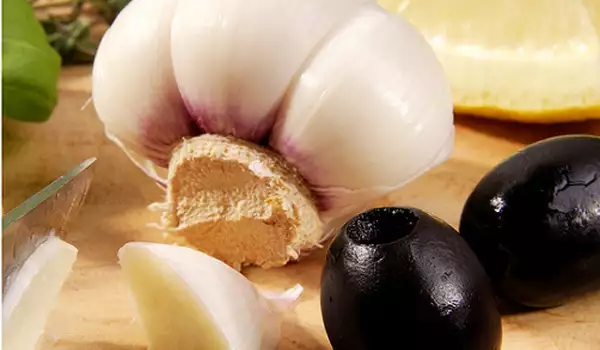
Garlic contains 200 mg of active substances - amino acids, enzymes, vitamins and minerals. Garlic contains sulfur-containing substances that are released when the clove is crushed and these substances are allicin and its derivatives. When you crush a clove of garlic, it releases a substance called hydrogen sulfide, which gives it its characteristic aroma. If you want to get the maximum benefits from garlic, you should crush or chop the cloves before using them in cooking or if you are going to eat them raw. When crushed or cut, they make "contact" with the air, through which allin is released and allicin is formed from it. Allicin has protective functions.
Garlic contains a large amount of vitamins B6 and vitamin C, which support the normal functioning of the nervous and immune systems and help fight oxidative stress.
Proven healing properties of garlic

One of its greatest benefits for our health is that it supports the cardiovascular system and fights infections and prevents them from occurring. Unfortunately, we can say that our country is one of the first to rank in the ranking with the most deaths from cardiovascular diseases.
Among the important benefits of garlic are:
- It has a beneficial effect on blood pressure, because it significantly reduces high blood pressure in people suffering from hypertension;
- Garlic reduces cholesterol to normal levels;
- Helps increase good cholesterol in amounts that do not harm our body;
- On the other hand, it significantly lowers bad cholesterol levels;
- It also has a big role in lowering triglycerides to normal levels;
- It also helps with atherosclerosis - garlic slightly slows down the growth of atherosclerotic plaques if taken for a long time. Plaques narrow and block blood vessels, which is one of the leading causes of heart attacks and strokes;
- Helps increase nitric oxide in our blood vessels. In this way, they expand and slow down the growth of atherosclerotic plaques;
- Garlic prevents frequent illness from various infections, such as respiratory, if taken in large quantities;
- Garlic reduces the risk of colon cancer, pancreatic cancer, breast cancer, prostate cancer, etc.;
There are some lab-proven benefits for humans, namely:
- Prevents the loss of bone mass after menopause;
- Helps kill bacteria that cause ulcers in the stomach and duodenum;
- It has very little effect on lowering blood sugar;
The healing properties of garlic are due to the allicin it contains. This substance has the power to improve blood circulation, lower blood pressure, support cardiovascular health, by helping heart rhythm and helping coronary vessels to "relax".
Increases immunity, helps strengthen the body's defenses, especially in winter. It helps a lot when we have a cold, flu and respiratory infections. It also helps fight bacterial and fungal infections. Due to its chemical composition, allicin helps to supply the organs with more oxygen and this way it supports their normal function.
Garlic also has antioxidant properties that protect cells from damage caused by free radicals. It helps to neutralize gastrointestinal disorders and helps a lot in the development of normal intestinal flora.
Side effects of consuming garlic
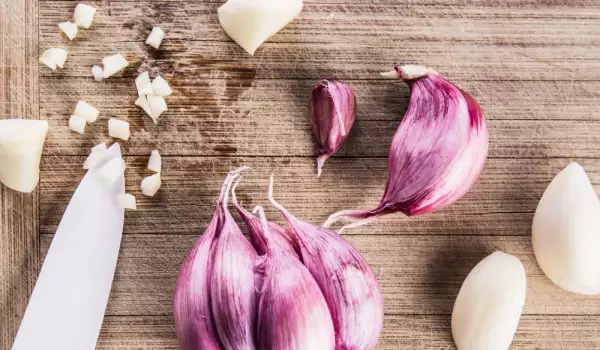
One of the most unpleasant side effects for all of us is definitely bad breath after consuming garlic. It also depends on what form it is taken in and in what quantity. Raw, fresh garlic has the strongest smell, while old garlic is not as strong.
Other unpleasant consequences after the consumption of garlic can be stomach and intestinal ailments. Garlic can also cause nausea, heartburn, bloating, diarrhea, etc.
If taken in high doses, garlic can thin the blood. You should not take garlic in large doses if you are taking blood thinners.
If taken in large quantities by men (6-7 cloves), it can lead to a toxic effect on their testicles.
If you're fasting, this garlic toxicity manifests itself more easily. You have to be very careful with large amounts of garlic and especially with garlic oil or garlic extract.
If you consume too much garlic, it can lead to unlocking an allergy to it and accordingly to all products that contain it.
If you put crushed garlic cloves on your skin, it can severely irritate it.
If you are taking the following medications, you should know that garlic interacts negatively with them:
- Sintrom, aspirin, clogidogrel, etc.;
- Medicines for AIDS;
- Isoniazid;
- Contraceptives;
- Painkillers.
There are also people for whom it is not recommended to consume garlic:
- People who are allergic to it;
- People who have acute gastritis or ulcers;
- If you are taking blood thinners, you should not consume garlic in large quantities.
Recommended daily doses of garlic
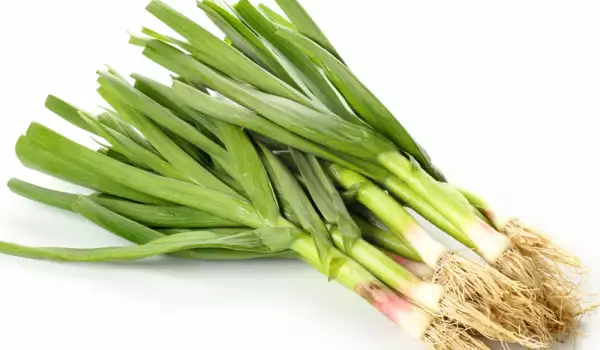
And here's how and how much garlic you can consume to benefit your health - a few cloves of garlic a day are enough - 2-3 not very large cloves. However, it is imperative that you take them with food and never on an empty stomach, because if they are taken on an empty stomach, they can irritate it;
The amount that is recommended to be taken daily, it is important not to consume it at once, but several times. The effect of garlic is short-lived - from a few minutes to a few hours, so it must be taken often so that the effect can be more lasting;
Eat garlic every day - the important thing is that it does not cause side reactions. If there are no such reactions, it can be eaten every day, because this way its effect will last longer.
Here are the recommended doses for people depending on their weight:
- For a person who weighs 70 kg, the dose is 4 cloves daily;
- For a person who weighs 90 kg, the dose is 5-6 cloves;
- For a person who weighs 110 kg, the dose is 6-7 cloves daily.
If you are going to use garlic for cooking, it is important to crush or chew it beforehand. Don't make the mistake of putting it in the microwave, because it will "kill" all of its healing properties.
Once you have processed the required amount of garlic, it is time to prepare something tasty and nutritious with it. Try our recipes for:
- garlic soup;
- tripe soup;
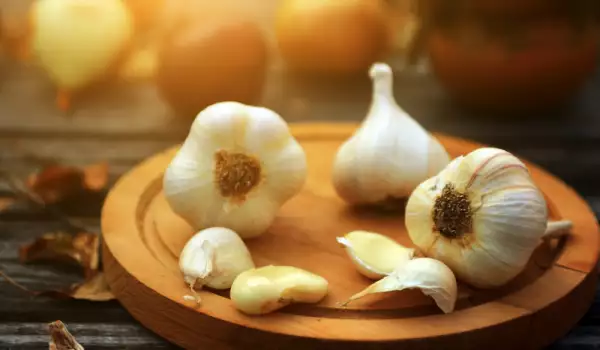
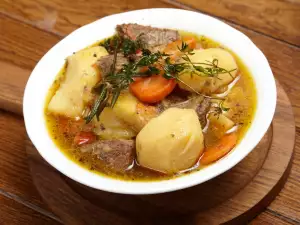



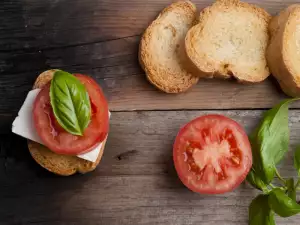


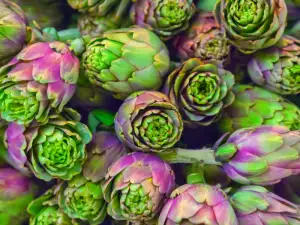
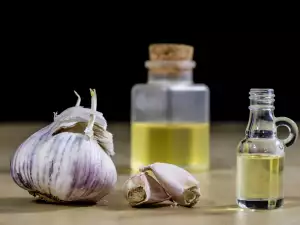





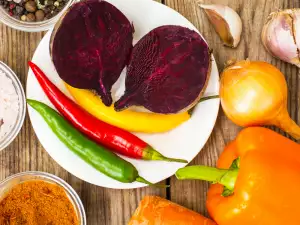




Comments